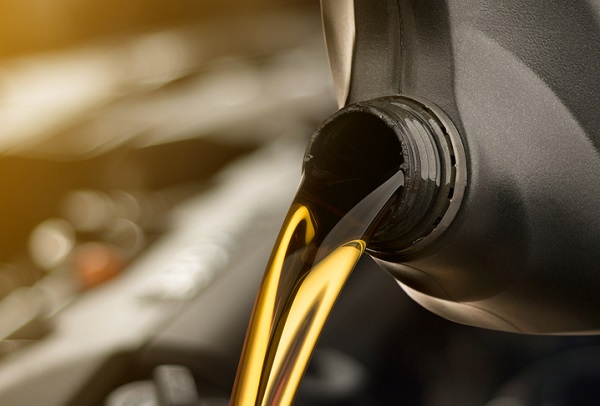A Guide to High-Mileage Oil If You’re Considering an Auto Service Technician Course

Vehicles are becoming more reliable and longer lasting, which means that the number of older, high-mileage vehicles on the road is increasing. Older vehicles tend to have unique maintenance considerations, including when it comes to oil changes.
During your auto technician career, you may get inquiries from customers about high-mileage oil. They may want to know what makes this oil different from conventional or synthetic oil, and they’ll be looking to you to tell them if they should switch over to high-mileage oil. If you’re interested in learning more, read on!
1. High-Mileage Oils Contain a Seal Conditioner That Can Help Stop Leaks
One of the top problems that high-mileage vehicles face are leaks, which can cause oil to pool into a puddle beneath a vehicle or can cause the oil to get into the engine’s combustion chamber. This happens because the parts inside a vehicle degrade over time, which can cause them to crack and become brittle. If oil is leaking from a vehicle, then that oil is obviously not being used to its full potential, which in turn can cause engine parts to wear out faster.
One of the biggest advantages of high-mileage oil is that it contains an additive called seal conditioner that can reduce leakage in older vehicles. Seal conditioners cause rubber seals to expand slightly, which helps close small leaks or prevent them from forming in the first place. These conditioners also help to restore the flexibility of rubber parts so that they are less brittle and, therefore, more likely to last longer.
2. Other Additives Can Improve the Performance of a High-Mileage Vehicle
Seal conditioners aren’t the only additives you’ll find in the high-mileage oils you may work with during your career after your auto service technician course. A whole array of chemicals are added to these oils that are designed to address issues that cars and trucks often face after they have been on the road for a long time. For example, high-mileage oils often include anti-corrosive agents, detergents to clean out sludge and improve fuel efficiency, and friction modifiers to reduce wear and tear on moving parts.

High-mileage oil also tends to be more viscous that other types of oil, which means that it flows more slowly. The advantage of this is that it helps keep well-worn parts better lubricated. However, one downside is that because viscous oil takes longer to heat up, it can cause vehicles to require a couple extra minutes to start during the cold winter months.
3. After Your Auto Service Technician Course, Customers May Ask You When to Switch to a High-Mileage Oil
One of the top questions that vehicle owners often have is at what point they should switch over to high-mileage oil. Since you’ll likely be performing preventative maintenance on vehicles after your training in automotive industry careers, you may end up hearing this question quite frequently. The rule of thumb is that vehicles with more than 120,000km on the odometer should be switched over to high-mileage oil.

However, that figure is just a general guide and there are many cases where a vehicle could be switched over either before or after hitting the 120,000km mark. If oil is leaking from the vehicle, then this is usually the best indication it is time to make the switch. Other signs that high-mileage oil may be beneficial include having to refuel more frequently, changes in the colour of the exhaust smoke, or if the engine sounds louder than normal.
Are you dreaming of the careers in the auto industry you could pursue?
Contact Automotive Training Centres to learn more about our programs.

